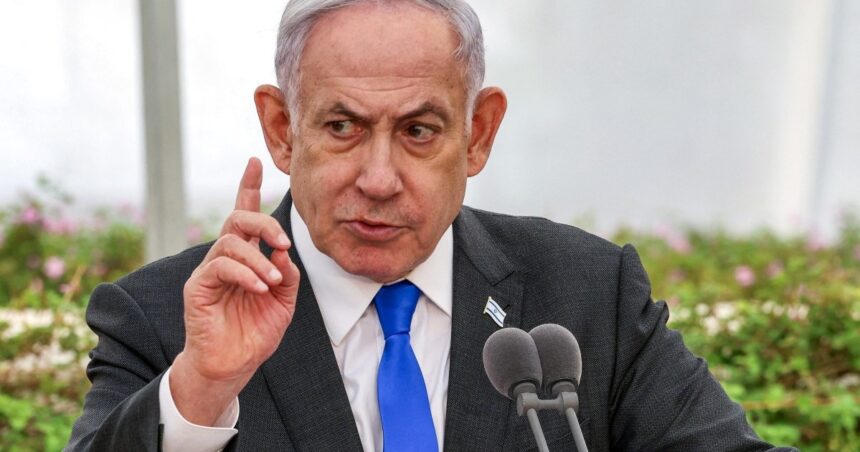Beirut, Lebanon – Israel’s military forces recently engaged in a surprise shootout in Rafah, resulting in the death of Hamas leader Yahya Sinwar. This development has sparked hope among some Western analysts that it could potentially lead to a resolution of the conflict in Gaza and the broader Israel-Palestine conflict.
However, experts believe that Israeli Prime Minister Benjamin Netanyahu will use other reasons to prolong the war for personal gain and to advance Israeli expansionist goals. Netanyahu’s main concern is the possibility of facing numerous years behind bars due to pending charges of fraud, bribery, and breach of trust. These charges could potentially lead to a 10-year prison sentence if he is convicted.
Despite these legal challenges, Netanyahu has managed to stay in power and even proposed laws that undermine the country’s judiciary. Additionally, he and his Defense Minister Yoav Gallant are facing potential arrest warrants from the International Criminal Court for alleged atrocities committed in Gaza.
Analysts suggest that Netanyahu will continue to seek pretexts for military action in order to maintain his grip on power. This includes deflecting blame for recent attacks on his home to “Iran’s agents” and potentially escalating the conflict to include Iran in the future.
The ongoing conflict between Israel and Gaza has resulted in thousands of casualties and the displacement of millions. However, the death of Yahya Sinwar, who was seen as Israel’s “number one enemy,” is unlikely to change Israel’s aggressive stance towards Gaza. Israel’s actions are driven by a long-standing refusal to cede territory or allow for genuine Palestinian sovereignty.
Despite the significant impact of Sinwar’s death on Hamas, experts believe that the organization will continue to resist Israeli occupation in some form. The destruction and depopulation of Gaza by Israel will only exacerbate Palestinian grievances and fuel further resistance against Israeli oppression.
In conclusion, the conflict between Israel and Palestine is deeply rooted in historical grievances and power struggles. As long as these underlying issues remain unaddressed, the cycle of violence and resistance is likely to persist. Netanyahu’s pursuit of military solutions only serves to perpetuate this destructive cycle, leaving little room for genuine peace and reconciliation.










